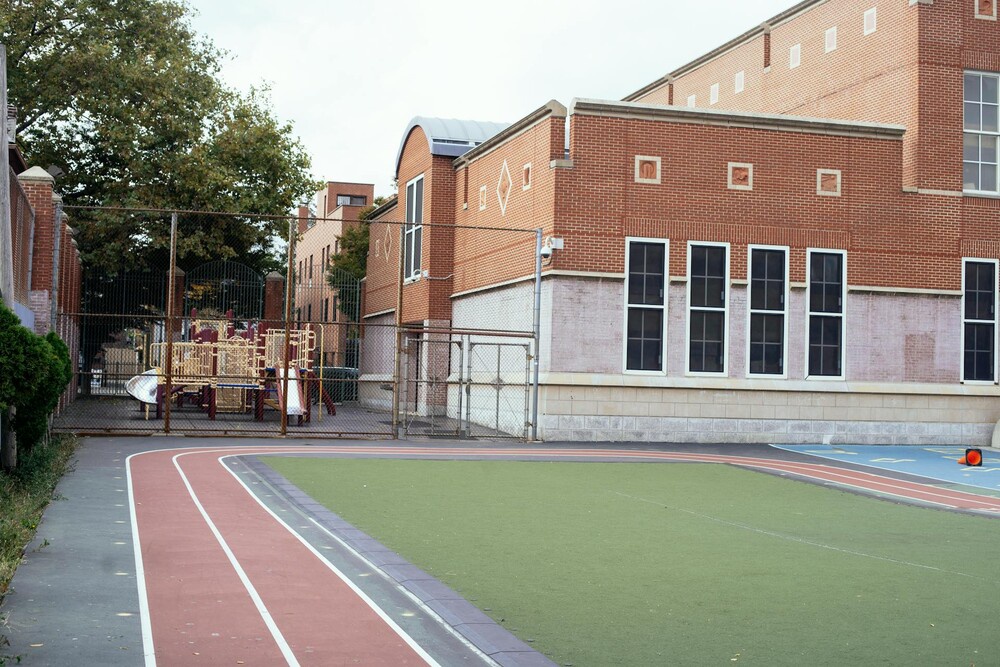In Ghaziabad, a city in the National Capital Region (NCR) of India, parents are presented with a diverse range of educational options for their children. Among these options, international schools have gained significant prominence for their global outlook, rigorous academic standards, and emphasis on holistic development. In this article, we explore how the best International Baccalaureate schools in Ghaziabad differ from CBSE schools, highlighting their unique features and educational philosophies.
1. Curriculum and Pedagogy:
One of the primary distinctions between international schools and CBSE schools lies in their curriculum and pedagogical approach. International schools typically offer internationally recognized curricula such as the International Baccalaureate (IB) or Cambridge International Examinations (CIE), which are designed to provide students with a global perspective and prepare them for higher education and careers in an increasingly interconnected world. These curricula focus on inquiry-based learning, critical thinking, creativity, and independent research, fostering a deep understanding of concepts and nurturing lifelong learners. In contrast, CBSE schools follow the curriculum prescribed by the Central Board of Secondary Education (CBSE), which is tailored to the Indian context and emphasizes rote learning, memorization, and standardized assessments.
2. Global Outlook and Diversity:
International schools in Ghaziabad prioritize cultural diversity and global awareness, creating a multicultural learning environment that celebrates different perspectives and fosters international-mindedness. With students and faculty from diverse cultural backgrounds, these schools promote intercultural understanding, tolerance, and respect, preparing students to thrive in a globalized world. In contrast, CBSE schools may have a more homogenous student population and focus primarily on Indian culture and traditions.
3. Assessment and Evaluation:
Assessment practices differ between international schools and CBSE schools. International schools, particularly those offering the IB curriculum, utilize a variety of assessment tools such as coursework, projects, presentations, and examinations that assess students' understanding, application, and reflection skills. These assessments often emphasize qualitative feedback and holistic evaluation, encouraging students to demonstrate their knowledge and skills in diverse ways. In contrast, CBSE schools primarily rely on standardized tests and board examinations to assess students' academic performance, placing greater emphasis on memorization and exam-oriented preparation.
4. Extracurricular and Enrichment Activities:
International schools in Ghaziabad place a strong emphasis on extracurricular and enrichment activities that complement academic learning and promote holistic development. These activities may include sports, arts, music, drama, community service, Model United Nations (MUN), and international exchange programs, providing students with opportunities to explore their interests, develop talents, and build leadership skills. In contrast, while CBSE schools also offer extracurricular activities, they may not prioritize them to the same extent as international schools.
5. Global Recognition and Opportunities:
Graduates of international schools in Ghaziabad, particularly those completing the IB diploma program, benefit from global recognition and a wide range of higher education opportunities worldwide. The IB diploma is highly regarded by universities and colleges worldwide for its rigorous academic standards, holistic approach to education, and emphasis on critical thinking and research skills. Students graduating from IB schools often have a competitive edge in the college admissions process and are well-prepared for the demands of tertiary education. In contrast, while CBSE is recognized nationally in India, its recognition may vary internationally, and students from CBSE schools may face additional requirements or assessments when applying to colleges and universities abroad.
6. Parental Involvement and Partnership:
Both international schools and CBSE schools value parental involvement and partnership in their children's education. However, the nature of parental involvement may differ between the two types of schools. International schools often encourage active participation from parents in school events, committees, and collaborative projects, recognizing the importance of a strong home-school partnership in supporting students' learning and development. CBSE schools also value parental involvement but may have more traditional structures for communication and engagement.
To Conclude This
The best international schools in Ghaziabad offer a distinct educational experience characterized by their global outlook, rigorous academic standards, emphasis on holistic development, diverse community, and international recognition. While CBSE schools provide a solid foundation in the Indian educational system and culture, international schools provide students with opportunities to engage with the world beyond national borders, fostering global citizenship and preparing them to succeed in an increasingly interconnected and competitive global environment. Ultimately, the choice between international schools and CBSE schools depends on parents' priorities, values, and aspirations for their children's education and future.


No comments yet